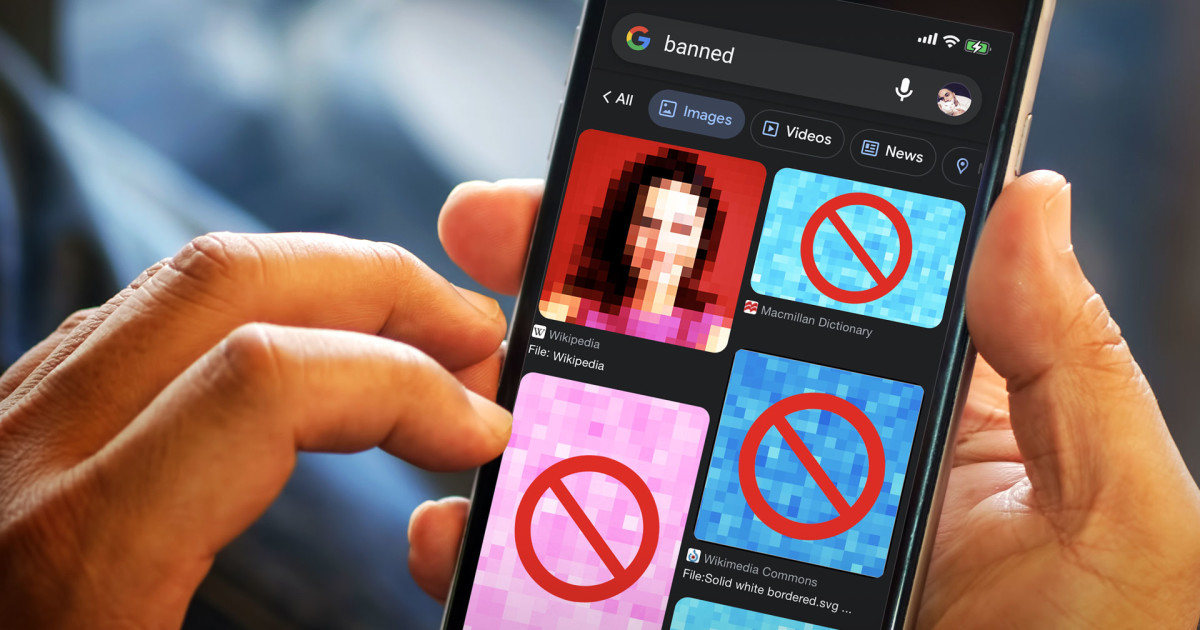Copyright The Street

Google is giving users more time to save their data. The decision to close the app was actually made in 2020. Users will lose some popular features. Remember when seemingly every American used AOL for dial-up internet and email? The company used to hand out its software on CDs that were tucked into magazines and mailed to people’s homes. My first non-school, non-work email was literally dkline@aol.com, and because of how basic it was, I held onto that address long after I stopped using it. That was in 1995, and in the 30 years since, AOL’s dial-up service has shut down, computers no longer have CD drives, and print magazines are much less of a thing. AOL is not unique in being a ubiquitous service that later slipped into irrelevancy. Once-popular apps that no longer exist AOL Instant Messenger (AIM): Launched 1997, retired 2017. Once dominated online chat in the U.S. Skype: Launched 2003, acquired by Microsoft in 2011, retired on May 5, 2025. Usage declined in favor of Teams, Zoom, and mobile apps. Yahoo Messenger: Launched 1998, shut down 2018. MSN Messenger/Windows Live Messenger: Launched 1999, merged into Skype in 2013; once a leading chat service. Napster (original peer-to-peer service): Launched 1999, shut down 2001 after legal battles; brand later revived in different forms. Google Reader: RSS feed reader, launched 2005, shut down 2013. BlackBerry Messenger (BBM): Launched 2005, consumer service ended 2019; replaced by WhatsApp, iMessage. Now, another app downloaded more than 5 billion times from the Google App store, Google Duo, is closing. What is Google Duo? Google Duo was actually supposed to have already shut down. “In September 2025, Legacy (Duo) calling will be replaced with Meet calling. To save your current call history and messages before they’re removed, export them from your legacy calling account and message settings,” Google shared on its support page. That deadline has been extended to January, according to a report from Android Authority. “It now appears that Google extended this timeline, and legacy Duo features will now sunset in January 2026. We recently witnessed the updated timeline in a warning message shown at the top of the Google Meet app on Android,” according to the website. More Tech Stocks: As Palantir rolls on, rivals are worth a second look Nvidia’s next big thing could be flying cars Cathie Wood sells $21.4 million of surging AI stocks When the app sunsets, anyone who has not updated to Meet will lose their calling history and messages. “To prevent losing history or messages, navigate to Settings within the app and then select Calling (legacy). Next, select the Google account you used for Duo, and then tap ‘Manage legacy calling history.’ Here, you’ll see the option to Export legacy call history. Unfortunately, there’s no way to club this with your new Meet history, and you will be able to share this data in plain text or copy it in .CSV format,” according to the website. What Google Duo does Video calling: High-quality, one-on-one and group video calls across devices. Voice calling: Supports audio-only calls if video isn’t needed. Cross-platform: Works on Android, iOS, and web browsers. End-to-end encryption: Ensures calls and messages are private. Knock Knock feature: Shows a live video preview of the caller before answering. Low-light mode: Improves video visibility in dim lighting conditions. Screen sharing: Allows sharing your screen with others during calls. Message recording: Users can leave video or audio messages if the recipient doesn’t answer. Integration with Google accounts: Syncs contacts and call history across devices. Simple, lightweight interface: Focused on ease of use without heavy additional features. Google actually started laying the groundwork for this transition in 2020, according to 9to5Google. “This decision is the result of Google placing its consumer communication services — Duo, Messages, and Android’s Phone app — under the leadership of G Suite head Javier Soltero. After the unified team was made public in May, Soltero announced to employees that it does not make sense for Duo and Meet to coexist. Key differences between Meet and Duo Audience and Use: Meet is designed for business, education, and large group collaboration; Duo focused on casual one-on-one or small-group calls. Participant Capacity: Meet supports up to 250 participants (depending on plan); Duo allowed up to 32. Features and Collaboration: Meet includes screen sharing, in-call chat, live captions, and meeting recordings; Duo offered simple video/audio calls with basic messaging. Integration and Scheduling: Meet integrates with Google Calendar for scheduling and invites; Duo was standalone with no calendar integration. Platform and Security: Meet works in browsers and apps with enterprise-grade controls; Duo was app-based with end-to-end encryption. Professional Tools: Meet provides host controls, waiting rooms, and attendance tracking; Duo lacked these enterprise features. “When the transition occurs, users will lose certain legacy features, including Knock Knock, Family Mode, and Mirror mode. However, to compensate for these losses, the new Meet app offers enhanced features, including cloud encryption and support for live captions,” according to Android Authority. About the authors Daniel Kline serves as co-editor-in-chief of TheStreet. He has more than 30 years of experience covering retail, restaurants, travel, and technology. He's the creator of Come Cruise With Me, and a noted expert on cruise travel. He has been passionate about the changing state of retail and loves to show why companies succeed or fail. Celine is an experienced writer and editor covering news, features, academic/research, and legal topics for over 20 years. At TheStreet.com, Celine is a senior editor with experience across retail, stocks, investing, personal finance, technology, the economy, and travel.



